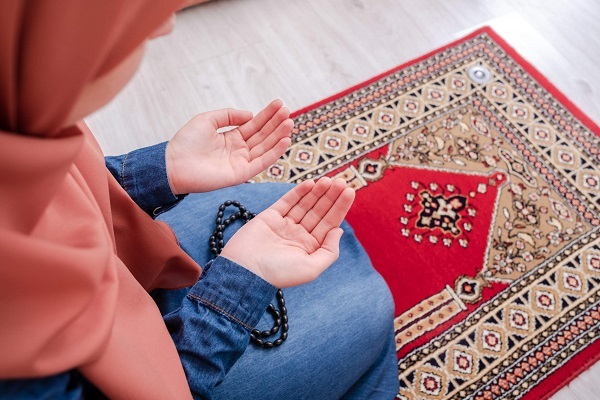Dutch Schools Face Scrutiny Over Alleged Discrimination in Prayer Restrictions

According to students, over 180 schools have prohibited prayer during school hours, with some enforcing penalties for those who attempt to pray on school grounds.
Muslim students, whose faith requires them to pray at specific times throughout the day, have reported the greatest impact, NL Times reported on Tuesday.
"They stop us when we pray," one student shared, while another explained, "I pray in secret, but if you get caught, you get punished." Many students say they are forced to pray covertly or leave school grounds to fulfill their religious obligations.
Read More:
While Christian students have also reported difficulties, the structured nature of Islamic prayers, which include ritualistic movements and fixed timings, makes the restrictions particularly challenging for Muslim students.
The Dutch Human Rights Council (College voor de Rechten van de Mens) has clarified that public schools are generally not permitted to ban prayer.
The National Student Committee (LAKS) has also criticized these policies, calling them discriminatory. “Not allowing students to pray is absolute discrimination,” said LAKS president Puk Donken. “In a diverse society, such restrictions should not exist.”
According to the latest data from Statistics Netherlands (CBS), 35 percent of young people in the country identify as religious, and prayer is an essential practice for many.
For Muslims, daily prayers are fundamental. “It makes you Muslim,” said student Meysa, emphasizing the importance of performing prayers on time. Missing a prayer often means having to make up for it later, which can be spiritually unsettling.
Read More:
Samira, another student, described how she was frequently asked by teachers to stop praying in shared spaces such as the cafeteria. “But now I’m being approached more quickly,” she said. “A teacher would say, ‘Can you not do that here? Can you go somewhere else?’”
In some cases, schools have formalized their stance through written policies, while others enforce the ban informally. One student recalled being told by their principal, “If you continue with this, you should look for another school.”
The Human Rights Council has affirmed that while schools are not required to provide prayer rooms, they cannot legally prohibit students from praying during their free time. For public schools, such a ban would be a legal violation.
The LAKS has encouraged students to engage in dialogue with school administrators and advocate for their rights. “Make your voice heard,” Donken urged, advising students to seek support from the LAKS complaints hotline if they face discrimination over religious practices.
Source: Agencies



